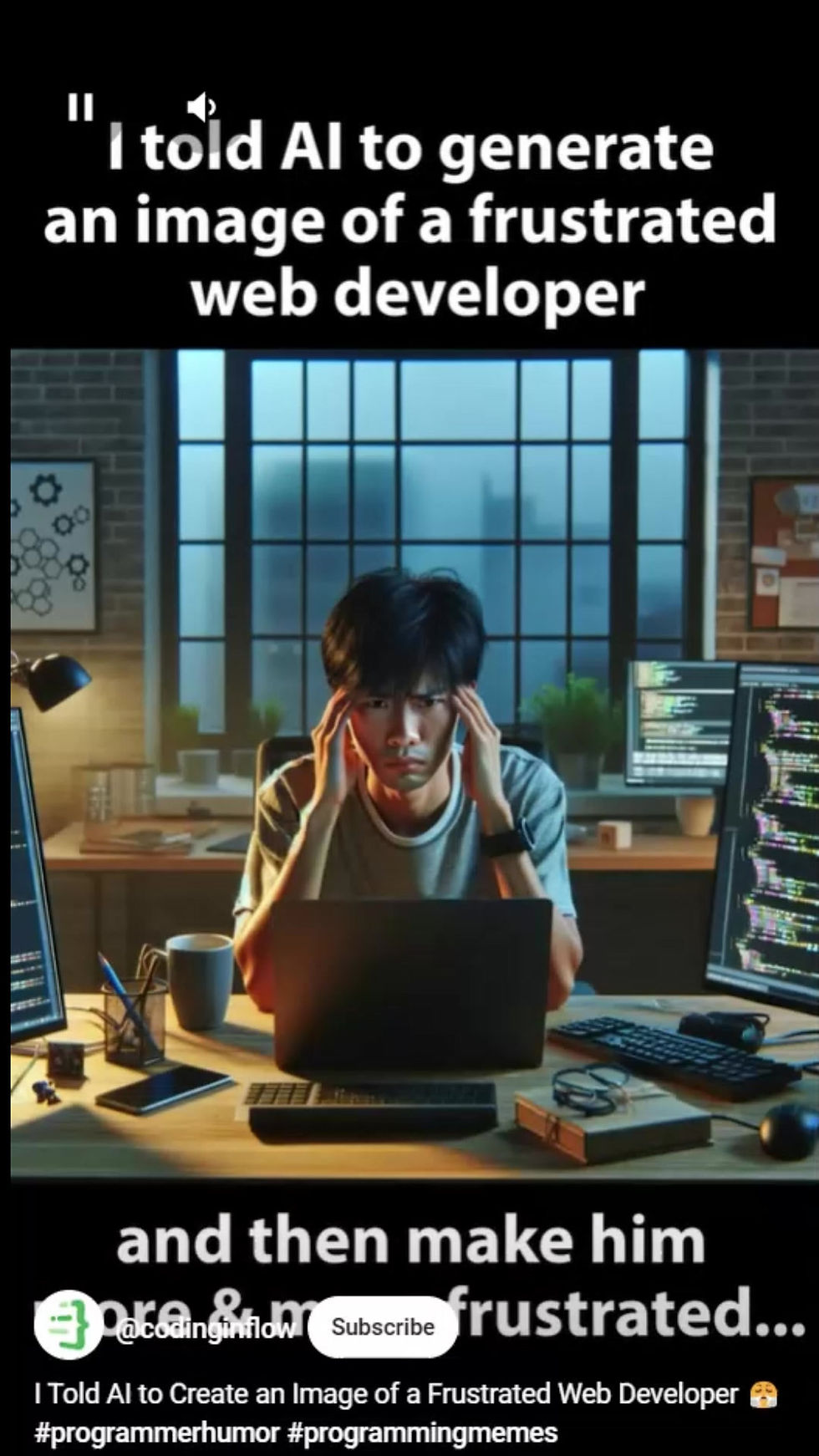The Deep & The Dark Web
- kimberlysmith74
- Dec 27, 2022
- 3 min read

According to Norton, the producer of antiviral software and cyber security protection, there are two different types of websites, deep web and dark web. The deep web describes hidden websites that are "hidden by their owners to protect information not meant for public viewing." The deep web requires passwords or links to access private data. The dark web is different because it hosts encrypted websites and is only accessible through certain browsers. This is the space where you more than likely find all types of criminal activity. https://us.norton.com/blog/emerging-threats/deep-web-vs-dark-web#
My experience with the Dark Web was brief. I traveled down a rabbit hole, although I sat at a desktop computer. My mission: to find the individual or individuals who had stolen my credit card information, sold it on the Dark web, and the individuals who bought it. Was I successful? I laugh at this now because it seems funny. Not only was I not successful, but I also didn't even know what my next step would have been if I had found the bad actors.
The dark web is not a place for the faint of heart…In my opinion. When I gained access, I could see the selling of credit cards and bank account information going up for BID, like an eBay auction. The checking accounts listed the balances, and you could see who was bidding. The user names of the people bidding only revealed partial information *****4RHt, which told nothing. I felt like a spy, out of place. All I was looking for was my name and information. The amount of information I saw was equivalent to looking at the yellow pages of a phone book. Finding anything relating to me was like finding a needle in a haystack.
Little did I know that the dark web was also considered a place for freedom of expression.
Robert Gehl references his investigation of the Dark Web in his research article, Power/freedom on the dark web: A digital ethnography of the Dark Web Social Network https://journals.sagepub.com/doi/full/10.1177/1461444814554900 Gehl wanted to prove that any other alternative to current Social media networks will still maintain the constraints of regulated social media sites, like Twitter and Facebook. According to Gehl, to be considered an alternative, the power/mix must be different from the alternatives, meaning that an alternative must have considerable freedom and power to distinguish itself as an alternative. Gehl chose two categories to investigate, power and freedom, derived from the interpretation of Dark Web media reporting. His study focused on the dark web's two types of news coverage, illicit activity and freedom of speech, with freedom of speech being more predominant.
Gehl discussed the attention given to the Dark Web and the reporting, which focuses on Web security and Hacking, child pornography, drug trading, and assassins for hire; topics representing the activities conceptualized on the dark web.
Although the dark web is perceived as a vessel for criminal activity, certain domains are seeing increased traffic by specific groups who believe they have a certain sense of autonomy to speak without restrictions. But according to Gehl, this attitude also limits power due to the liberal form of free speech, or Man's principal right to live a meaningful, purposeful life, including voicing their opinion without restraint or retaliation. Gehl states that power and speech are overdetermined on the dark web and that the "devil is in the details as to what is protected speech and what needs policing."
Gehl also points to the TOS, which also exist on the Dark Web and is enforced by deleting member post and other ways, the same as traditional social media networks.
Gehl's conclusion, nevertheless, determined that the dark web is an experiment with power and freedom through infrastructure and beyond historically imposed limits. He believes that parts of the dark web are vastly different from what we could consider mainstream social media, which consists of real-life profiles. Gehl describes it as not for profit but" virulently dedicated to protecting members against law enforcement and state power."
All that being said, my experiences with the dark web still linger in my mind. And while we may have the opportunity to go somewhere to express our God-given libertarian rights, an experiment that involves the selling of personal information, murder for hire, and child exploitation, is an experiment that I can't support. So naturally, the jury is still out regarding the Dark web and its ability to shape itself into a safe and moderated environment. That would make it just another social media network. That would make it Facebook or Twitter.



Comments